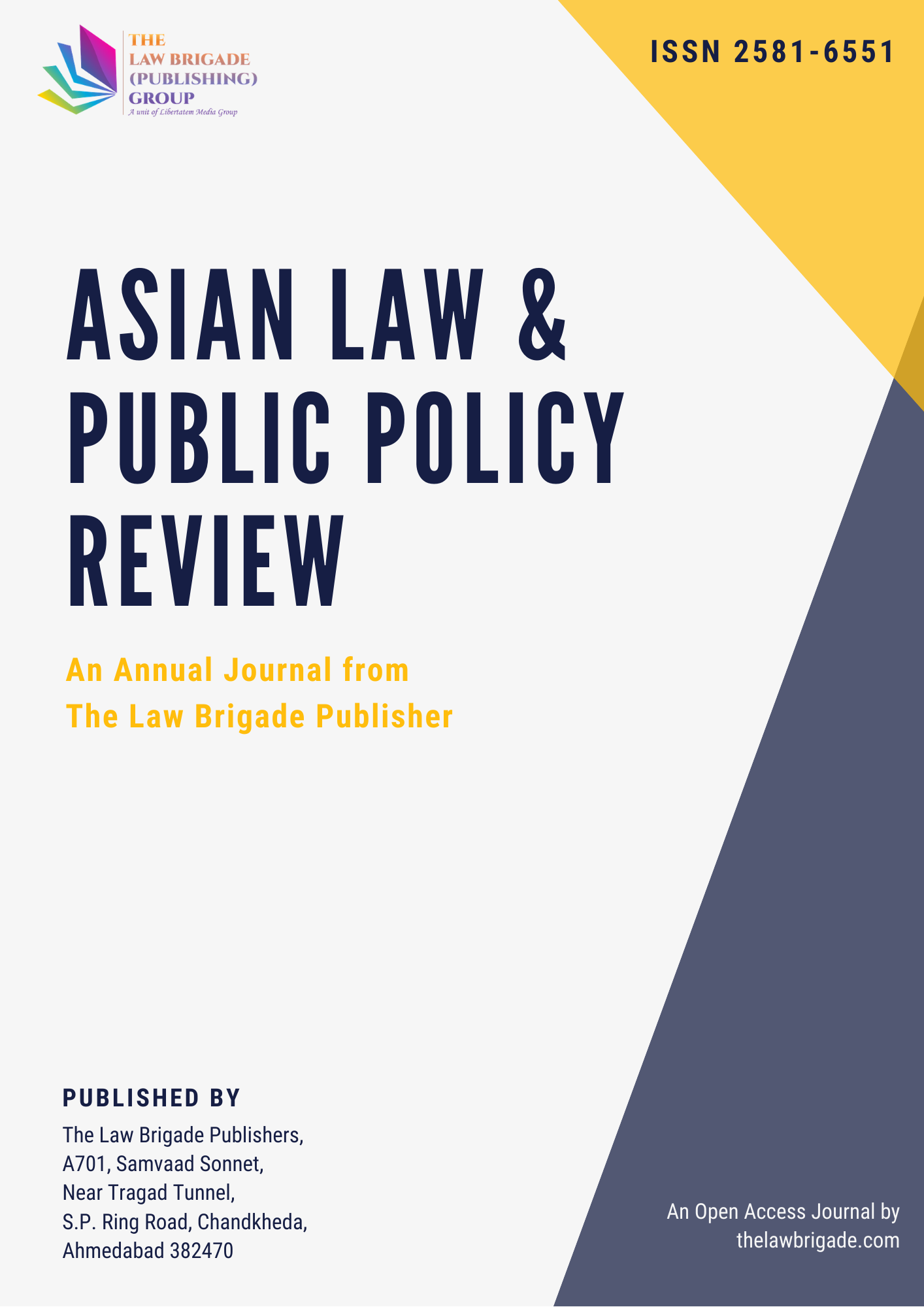One of the main distinctions of debt finance for infrastructure ventures (i.e., syndicate lending by banking institutions for specific project development) from generic corporate undertakings (i.e., debenture issues financing expansionary productive factor acquisition) is the scope for obtaining such leverage on Non-Recourse/Limited-Recourse terms, exclusively characteristic of infrastructure ventures.[i] The term Recourse in this context, implies the ability to create and enforce security interest (loan collateral) directly from the assets of the Sponsor (proprietor/originator)[ii] of the infrastructure undertaking, by prospective lenders. Non-Recourse or Limited Recourse lending[iii], would hence amount to the blanket inability of lenders to directly collateralize the assets of the Sponsor (however subject to potential exceptional allowances stipulated as consequences of breach of underlying debt contract covenants).
[i] Andrew Flight, Introduction to Project Finance 3-6 (Butterworth-Heinemann 2006).
[ii] Brickstone, Project Finance: Role of Lenders & Sponsors, Project Finance: Understanding Unique Lenders and Sponsors Roles (brickstone.africa) (accessed Feb. 12, 2024).
[iii] Kiah Treece, Recourse Loans v. Non-Recourse Loans, Forbes Advisor (Aug 12, 2020), Recourse Loans Vs. Non-Recourse Loans – Forbes Advisor.





